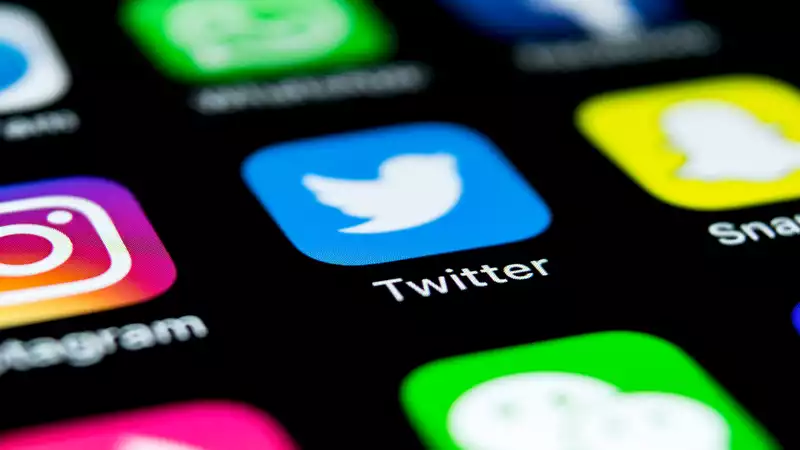As soon as former Twitter CEO Jack Dorsey stepped down on Monday, Twitter announced yesterday (November 30) an update to its privacy policy
"Twitter already prohibits the disclosure of other people's personal information, including phone numbers, addresses, and IDs," the company said in a blog post
"With this update, we will be able to take action against any media shared without explicit abusive content, as long as it was posted without the consent of the person depicted"Media" includes photos, videos, and in some cases audio of individuals posted without their consent Prior to this policy change, for example, Twitter had no basis to remove a video posted by your neighbor of you dancing in your bedroom window However, as long as you file a formal complaint with Twitter, they can now remove it
"This policy update will help curb the misuse of the media to harass, intimidate, and reveal the identities of private individuals This disproportionately impacts women, activists, dissidents, and members of minority communities," Twitter explained in a series of tweets yesterday
Twitter quickly clarified that these changes only apply to "private persons" and not to public figures such as politicians, celebrities, and other prominent figures Since the legal definition of "public figure" varies from jurisdiction to jurisdiction, one can expect some immediate confusion about this policy
In general, however, if you post a video of a celebrity on Twitter, it stays up However, if the person happens to be nude, the video will be removed because even public figures are protected by Twitter's non-consensual nudity policy (Also, if a public figure's video or photo is intended to "harass, intimidate, or use fear to silence," it may be removed
The new policy also does not apply to posts that are "shared for the public good or add value to public discourse" Videos of police officers acting inappropriately toward drivers during a traffic stop may continue to be published for this reason, even though no public figure was involved
If you were in the crowd at a baseball game, rock concert, or street demonstration, unfortunately, "images or videos showing people attending public events (such as large protests, sporting events, etc) generally do not violate this policy"
In addition, Twitter "will consider whether the image is publicly available and/or journalistically covered, or whether the particular image and accompanying tweet text adds value to public discourse, is shared for the public good , or whether it is relevant to the community"
Of course, it is up to Twitter to decide what constitutes public discourse Because Twitter, as always, wants to have the final say on what is removed from their service (The First Amendment to the Constitution, which guarantees freedom of speech, applies to government restrictions, but not to private companies like Twitter)
This new policy "will make it a very difficult job for human moderators to discern the context of each, and will likely lead to excessive moderation and removal of legitimate content," said Fight for the Future director Evan Greer told Vice Motherboard
"This seems like a policy that would be abused by those with the power to censor legitimate online criticism
Tom's Guide has reached out to US digital privacy and political action groups for comment on Twitter's new policy
Regardless of the content, private images and video clips featuring you will not be removed unless you report them to Twitter
"In order to determine that an image or video was shared without permission, we need a report from you or an authorized representative," the blog post states, and links to a page where you can submit a report










Comments